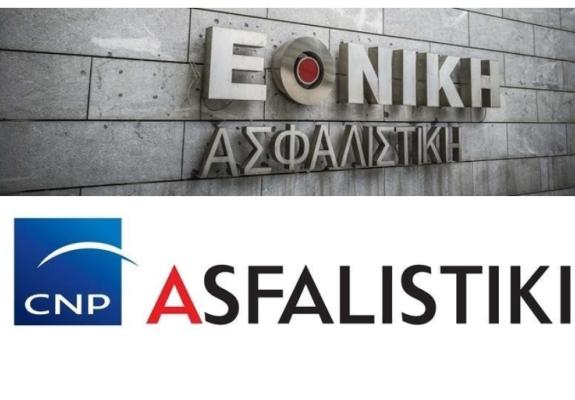Cyprus Fiscal Council Warns of Mounting Risks Amid Global Uncertainty
The CFC highlights external threats, calls for tighter control over public spending and sustainability-focused fiscal planning.
The Cyprus Fiscal Council (CFC) has issued a warning regarding rising risks to the Cypriot economy, urging timely and cautious fiscal policy decisions to safeguard macroeconomic stability. While acknowledging the continued resilience of the economy, the Council underscores the growing uncertainty in the global environment and calls for proactive measures to shield public finances from potential external shocks.
In its latest report, the CFC recognizes the economy’s steady performance, characterized by robust growth, near full employment, strong public revenues, and a declining public debt trajectory. These findings are consistent with projections by both the Finance Ministry and the Central Bank, which forecast sustained GDP growth close to 3%, inflation aligned with the European Central Bank’s 2% target, and continued fiscal surpluses supporting a reduction of public debt to 60% of GDP.

Despite these positive indicators, the Council warns that the current macroeconomic outlook carries a high level of risk—significantly intensified by recent international developments, including an emerging global economic crisis triggered by trade tensions. The CFC notes that although the effects on Cyprus may be delayed, they are expected to be substantial, and will likely necessitate revisions to economic forecasts submitted to the European Commission under the EU’s updated economic governance framework.
In this context, the CFC stresses that continuing the reduction of public debt is more crucial than ever. Achieving this, the Council argues, requires tighter controls over non-discretionary public spending and avoiding commitments that could compromise fiscal discipline.
Key recommendations include containing and rationalizing the public wage bill, while improving the efficiency and productivity of the public sector. These steps are viewed as necessary for creating fiscal space to respond to potential challenges through 2028, the end of the first review period under the EU’s new fiscal rules.
The Council also expresses concern about the declining effectiveness of public spending, particularly within social programs. It warns against the increasing allocation of funds without clear eligibility criteria or demonstrated need. Moreover, the CFC notes that many politically driven spending commitments remain outside the official expenditure trajectory, raising concerns about transparency and long-term fiscal planning.
The sustainability of the current rise in public revenues is also questioned. While recent revenue growth has been positive, the Council warns that it cannot be assumed for future planning—especially as the likelihood of a downturn has increased. Furthermore, such revenue increases do not directly contribute to meeting EU fiscal requirements or reducing debt levels.
Despite Cyprus’s relatively favorable fiscal position, the Council concludes that the country remains vulnerable to external shocks—a vulnerability that predates but is now intensified by recent global developments. The report calls for continued vigilance, structured dialogue with key stakeholders, and the implementation of focused recommendations to secure Cyprus’s long-term fiscal health.






